 This is the real-world economy for a living Earth that we must learn to structure and manage to provide a safe space for humanity.
This is the real-world economy for a living Earth that we must learn to structure and manage to provide a safe space for humanity.
 With the passage of the Republicans’ health care act, the House of Representatives seems to be saying that coming up with a plan to insure Americans really wasn’t all that hard after all.
With the passage of the Republicans’ health care act, the House of Representatives seems to be saying that coming up with a plan to insure Americans really wasn’t all that hard after all.
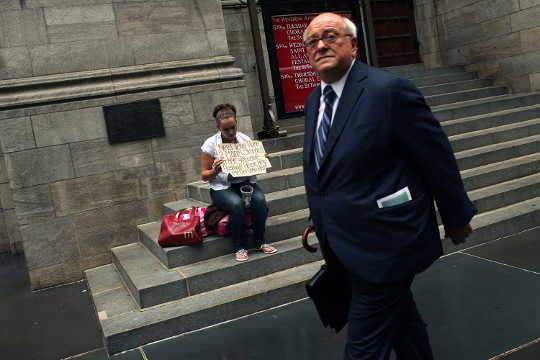 Inequality in America is on the rise. Income gains since the 1980s have been concentrated at the top.
Inequality in America is on the rise. Income gains since the 1980s have been concentrated at the top.
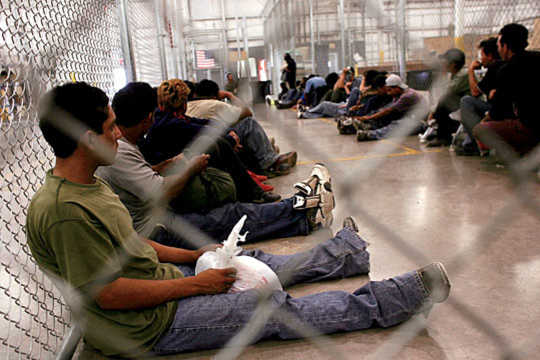 It was not always a crime to enter the United States without authorization.
It was not always a crime to enter the United States without authorization. ![]()
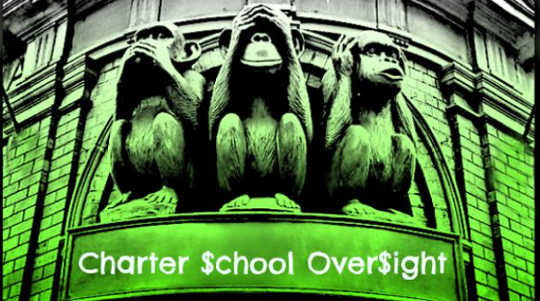 In 2001, Texas-based energy giant Enron shocked the world by declaring bankruptcy. Thousands of employees lost their jobs, and investors lost billions.
In 2001, Texas-based energy giant Enron shocked the world by declaring bankruptcy. Thousands of employees lost their jobs, and investors lost billions. ![]()

President Donald Trump has directed the United States Department of Education to evaluate whether the federal government has “overstepped its legal authority” in the field of education. This is not a new issue in American politics. ![]()

Coca-Cola and Nestlé have recently closed facilities, and Starbucks is bracing for a global shortage of coffee – all due to effects from climate change.
 Research shows that the human brain is biased in favour of making safe choices. This is part of the drive behind “securitisation”, where the financial sector turns risky debt into “safe” debt by pooling assets together or carving out the safe bits.
Research shows that the human brain is biased in favour of making safe choices. This is part of the drive behind “securitisation”, where the financial sector turns risky debt into “safe” debt by pooling assets together or carving out the safe bits. ![]()
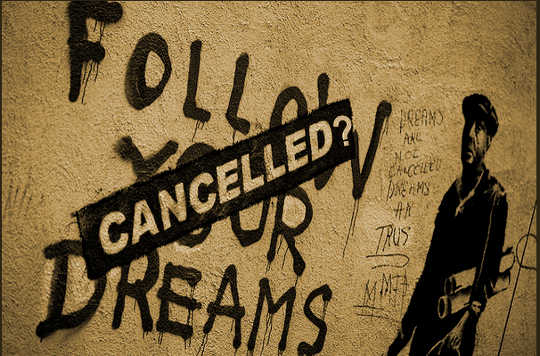 'Declines in absolute mobility have been a systematic, widespread phenomenon throughout the United States since 1940,' the authors of the new study write.
'Declines in absolute mobility have been a systematic, widespread phenomenon throughout the United States since 1940,' the authors of the new study write.
 Inequality is the defining social, political and economic phenomenon of our time. Just 1% of the world’s population now holds over 35% of all private wealth
Inequality is the defining social, political and economic phenomenon of our time. Just 1% of the world’s population now holds over 35% of all private wealth
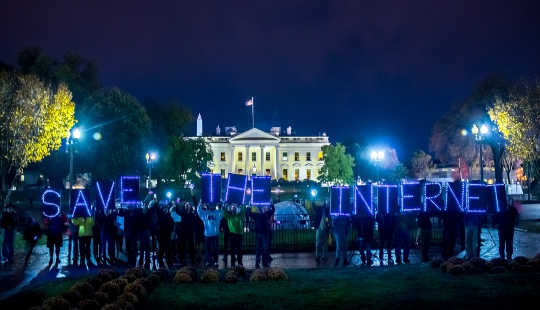 Ruling against 'zero-rating' prevents 'Big Telecom from exploiting data caps to pick and choose winners and losers online'
Ruling against 'zero-rating' prevents 'Big Telecom from exploiting data caps to pick and choose winners and losers online'
 As a neonatologist, I worry about patients with pulmonary hypertension. This unforgiving disease, sometimes seen after premature birth, can end with sudden death from constricting blood vessels in the lungs.
As a neonatologist, I worry about patients with pulmonary hypertension. This unforgiving disease, sometimes seen after premature birth, can end with sudden death from constricting blood vessels in the lungs.
- By Robert Reich
 Donald Trump is proposing a 14.1 percent cut in the I.R.S.’s budget next year. This is incredibly dumb, for four reasons...
Donald Trump is proposing a 14.1 percent cut in the I.R.S.’s budget next year. This is incredibly dumb, for four reasons...
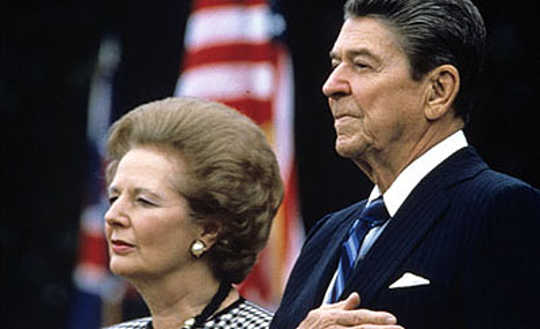 Persistently high rates of income or wealth inequality are bad for social cohesion, political inclusion and crime. The evidence for this is overwhelming.
Persistently high rates of income or wealth inequality are bad for social cohesion, political inclusion and crime. The evidence for this is overwhelming.
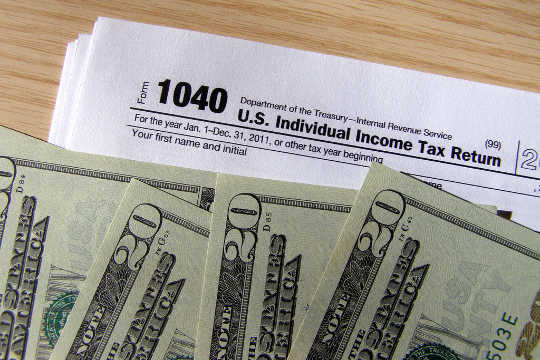 We can be forgiven, especially this time of year, for questioning a decision our predecessors made just over a century ago. In the 1910s, Americans decided to make personal and corporate income taxes a permanent feature of the US economy.
We can be forgiven, especially this time of year, for questioning a decision our predecessors made just over a century ago. In the 1910s, Americans decided to make personal and corporate income taxes a permanent feature of the US economy. ![]()
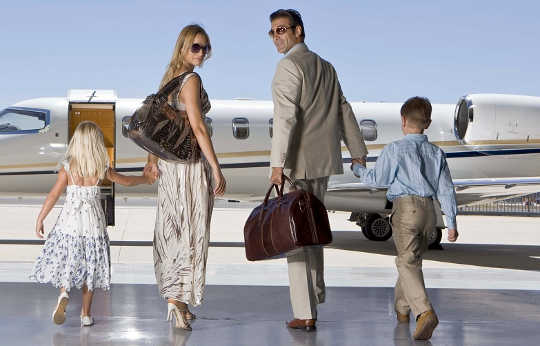 Social scientists have long known that the rich are not exactly model citizens.
Social scientists have long known that the rich are not exactly model citizens. ![]()
 Teachers don’t just leave their jobs because of low pay and retirement, new research shows. Their perceptions of a broken education system also contribute.
Teachers don’t just leave their jobs because of low pay and retirement, new research shows. Their perceptions of a broken education system also contribute.

When my father-in-law struggled in school in a mill town along the Ohio River, his parents suggested that he head across the bridge and work in the steel mill. It was a path that once created stable lives for many Pittsburghers. ![]()
 You may not be aware that in the NHS there are people with roles that are like doctors and nurses, but they are neither. Depending on your view, these people can be either “super nurses” or “sub-doctors”. But do they work?
You may not be aware that in the NHS there are people with roles that are like doctors and nurses, but they are neither. Depending on your view, these people can be either “super nurses” or “sub-doctors”. But do they work? ![]()
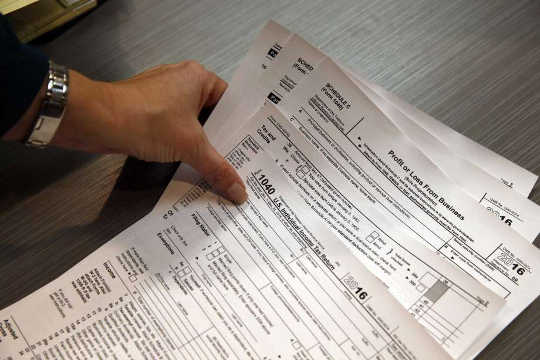 Tax day is here once more, and tens of millions of Americans will rush to file their income taxes by this year’s deadline of April 18 (rather than April 15 for a variety of reasons).
Tax day is here once more, and tens of millions of Americans will rush to file their income taxes by this year’s deadline of April 18 (rather than April 15 for a variety of reasons). ![]()
 Recent rhetoric from President Donald Trump and the focus of U.S. immigration policies suggest that Mexicans entering the U.S. without authorization are the principal challenge facing policymakers.
Recent rhetoric from President Donald Trump and the focus of U.S. immigration policies suggest that Mexicans entering the U.S. without authorization are the principal challenge facing policymakers.
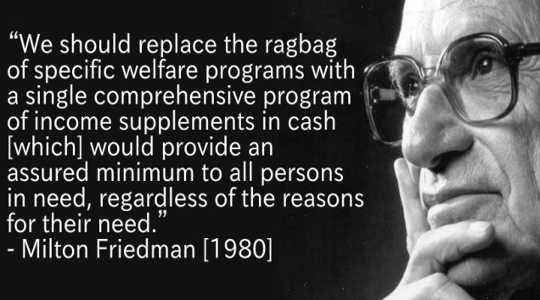 What if every citizen had a guaranteed income, regardless of whether they are at work? In an age of austerity and the rolling back of social policies, this idea may sound radical – but it is gaining momentum.
What if every citizen had a guaranteed income, regardless of whether they are at work? In an age of austerity and the rolling back of social policies, this idea may sound radical – but it is gaining momentum.
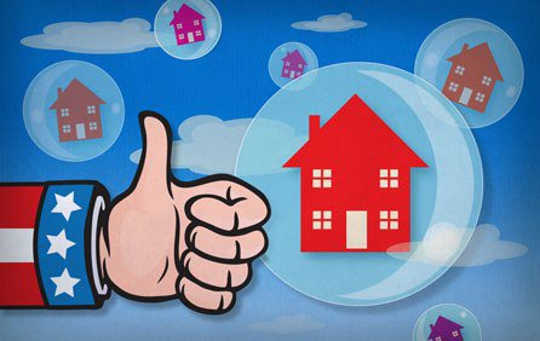 Whether house prices have been inflated by limited supply, or because of transfers to investors and homeowners, government policy is now trapped in a vicious cycle.
Whether house prices have been inflated by limited supply, or because of transfers to investors and homeowners, government policy is now trapped in a vicious cycle.












